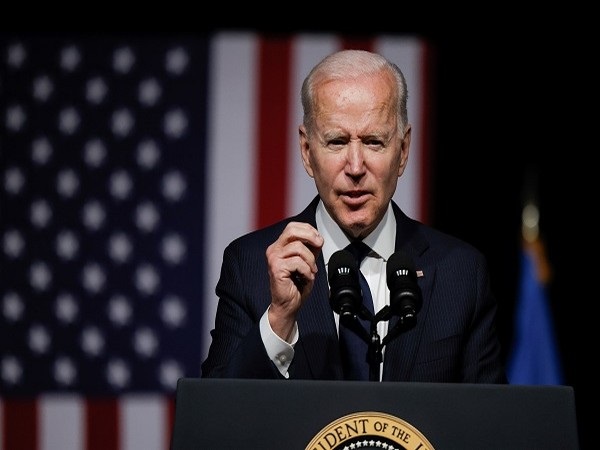
Nicosia: US President Joe Biden's first official visit to the Middle East this week clearly shows that, in the wake of the Russian invasion of Ukraine and the big energy crisis created for European countries, he has realised that he must reverse the US strategy of withdrawal from the Middle East and try to recalibrate his relations with Middle East leaders.
From July 13-16, Biden will visit Israel, the occupied West Bank and Saudi Arabia and will have talks with Israeli caretaker Prime Minister Yair Lapid, Palestinian President Mahmud Abbas and Saudi Crown Prince Mohammed Bin Salman.
President Bident will try to convince his interlocutors that the United States, although it gives emphasis to its rivalry with China, does not intend to disengage from the Middle East and will not abandon its allies. After all, the US has succeeded in reviving NATO and may do the same in its relations with its Mideast allies.
In an op-ed piece in the Washington Post published on Saturday, President Biden reminded readers that his administration helped end the 2021 War in Gaza between Israel and Hamas, which could have lasted months, in just 11 days. "We have worked with Israel, Egypt, Qatar and Jordan to maintain peace without permitting terrorists to rearm," he wrote.
While many people believe that the motive behind the US President's visit to Saudi Arabia is to convince the Saudis to increase substantially oil production and thus stop the skyrocketing prices - for the first time ever oil prices in the United States have topped USD 5 a gallon- Biden denied this, and he was evidently telling the truth.
Apparently, Saudi Arabia does not have enough capacity to increase oil production in quantities sufficient to offset the Russian-generated oil shortage. Theoretically, Saudi Arabia can increase its current production capacity of 10.3 million barrels per day (B/D) by up to 600,000 B/D, but realistically this number is closer to 150,000 B/D, which cannot possibly cover the shortfall created because of the oil embargo imposed by the EU on Russian oil.
The US President will also participate in a summit conference with the GCC+3 (Saudi Arabia, the UAE, Bahrain, Kuwait, Oman and Qatar) plus Egypt, Jordan and Iraq and will discuss with them ways of expanding security cooperation to counter the Iranian involvement in the region as well as energy security, the climate, infrastructure and human rights.
Although it is unlikely that Biden will achieve some of these difficult aims, he should be satisfied if he convinces his interlocutors that the US remains committed in the region and that it has absolutely no intention of leaving the Middle East and wishes to put the US relationship with these Middle East countries on a sound footing.